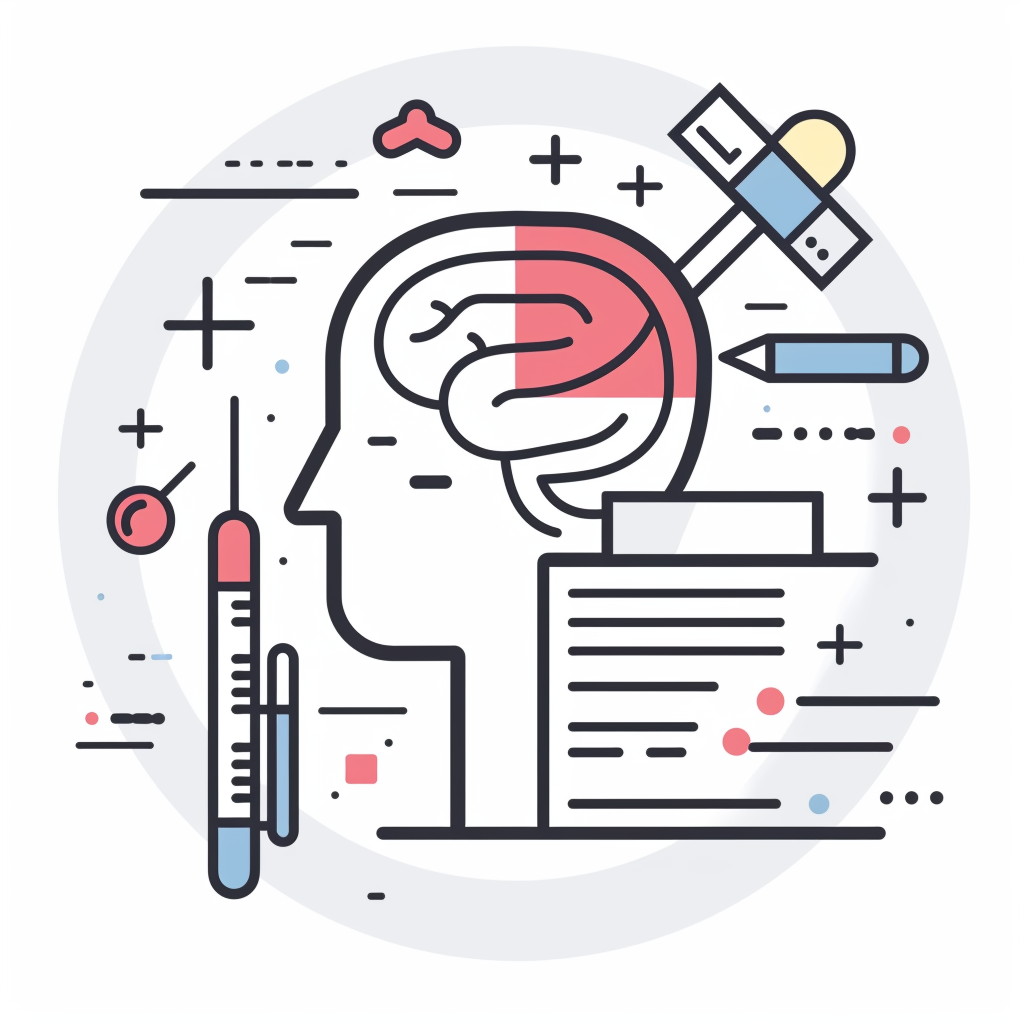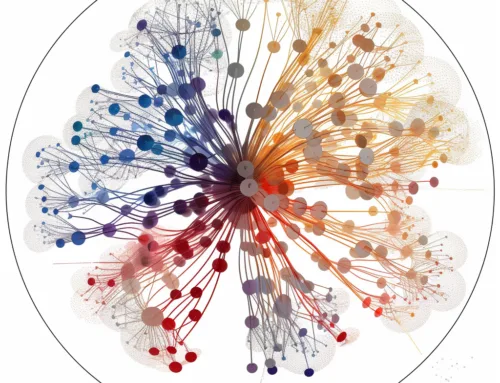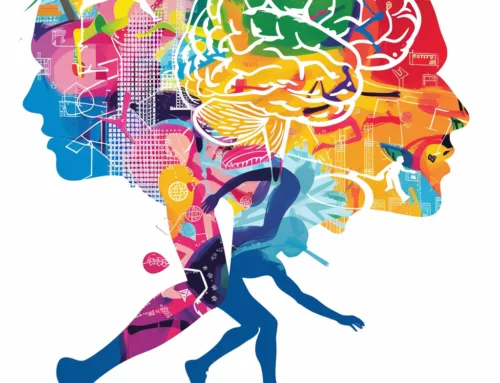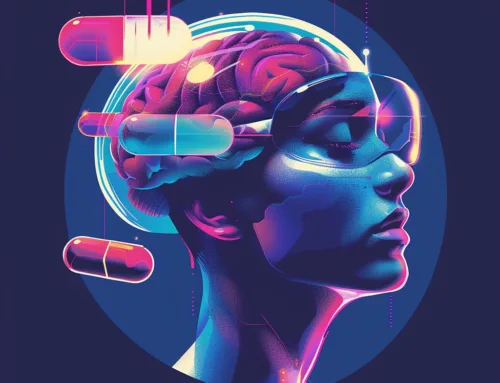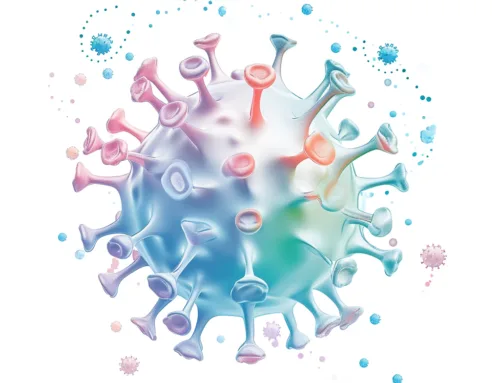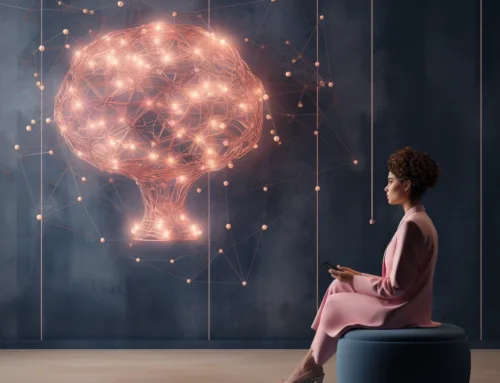A New Frontier in Mental Health Care with TMS Leading the Way
The field of mental health continues to evolve, offering new options and hope for individuals struggling with debilitating conditions like depression, anxiety, and OCD. Interventional psychiatry represents a paradigm shift, moving beyond traditional medication management and psychotherapy to incorporate minimally invasive procedures that directly target the brain circuits implicated in these disorders.
Among these interventions, Transcranial Magnetic Stimulation (TMS) shines as a leading force, demonstrating compelling evidence and changing the landscape of treatment. It’s crucial, however, to acknowledge the broader array of interventional modalities alongside TMS, fostering a deeper understanding of their potential and impact on mental health care.
Understanding Interventional Psychiatry
Interventional psychiatry focuses on using targeted procedures to directly modulate brain activity in individuals suffering from severe mental illnesses. Unlike traditional medications that have systemic effects, these interventions offer a more precise approach, aiming to address the root cause of the issue rather than managing symptoms alone.
Key characteristics of interventional psychiatry modalities
Characteristics of Interventional Psychiatry Modalities include:
- Minimally invasive: These procedures typically involve minimal discomfort and require little to no recovery time.
- Targeted: They aim to directly modulate specific brain circuits associated with the presenting symptoms.
- Evidence-based: Growing research supports the efficacy of various interventional modalities for several mental health conditions.
- Personalized: Treatment plans can be tailored to individual needs and response to different interventions.
Beyond TMS: Exploring the Spectrum of Interventional Modalities
While TMS has garnered significant attention, it’s crucial to recognize the diverse offerings within interventional psychiatry:
- Deep Brain Stimulation (DBS): Electrodes are implanted in specific brain regions to provide continuous electrical stimulation, primarily used for treatment-resistant Parkinson’s disease and OCD.
- Electroconvulsive Therapy (ECT): Controlled electrical stimulation is delivered to the brain, often considered a last-resort option for severe depression.
- Ketamine Infusion Therapy: Ketamine, an NMDA receptor antagonist, is administered intravenously to rapidly reduce depressive symptoms.
- Repetitive Transcranial Direct Current Stimulation (tDCS): Weak electrical currents are applied to the scalp to modulate brain activity, targeting depression, anxiety, and other conditions.
- Vagus Nerve Stimulation (VNS): The vagus nerve, involved in mood regulation, is stimulated with an implanted device to treat depression and epilepsy.
TMS: A Pioneering Force in Interventional Psychiatry
Among these modalities, TMS stands out for its unique advantages:
- Non-invasive: No surgery or anesthesia is required, making it a well-tolerated option for many patients.
- Targeted: TMS allows for stimulation of specific brain regions implicated in different conditions.
- Repetitive and adjustable: Treatment protocols can be tailored to individual needs and responses.
- Neuroplasticity: TMS can promote neuroplasticity, allowing the brain to reorganize and form new connections.
Research and Clinical Applications of TMS
TMS has garnered substantial evidence for its effectiveness in treating various conditions:
- Major depressive disorder (MDD): TMS is approved by the FDA as a safe and effective treatment for MDD, particularly for those who don’t respond to medication.
- Obsessive-compulsive disorder (OCD): Research supports the use of TMS for OCD, showing promising results in reducing symptoms.
- Anxiety disorders: Studies suggest potential benefits of TMS for generalized anxiety disorder, social anxiety disorder, and post-traumatic stress disorder (PTSD).
- Other conditions: TMS is being explored for its potential role in treating bipolar disorder, chronic pain, and tinnitus.
The Future of Interventional Psychiatry
The field of interventional psychiatry is rapidly evolving, with ongoing research and development driving progress:
- Personalized medicine: As our understanding of individual brain differences and response to interventions improves, treatment plans can become increasingly personalized.
- Combined modalities: Integrating various interventional and traditional approaches may offer synergistic effects and broader treatment options.
- Technological advancements: New devices and techniques are being developed to refine existing modalities and explore entirely new avenues for brain modulation.
Interventional psychiatry offers a paradigm shift in mental health care, providing minimally invasive and targeted approaches to address debilitating conditions. Among these modalities, TMS has established itself as a leading force, offering hope and improved quality of life for many individuals. As research progresses and new interventions emerge, the future of mental health care holds immense promise for personalized and effective interventions.
Contact us today for a free consultation
Phone: 949-776-5103 or
Email: [email protected]

